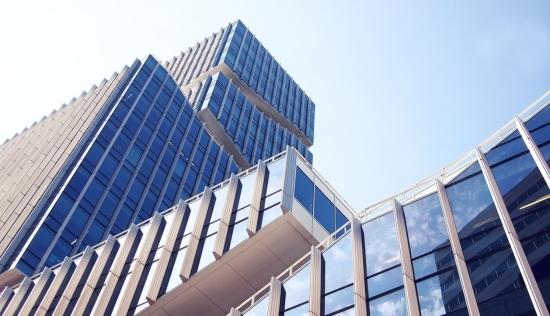The Evolution of Pakistan’s Real Estate Market: Past, Present, and Future

The real estate market in Pakistan has undergone significant transformations over the decades, influenced by various economic, social, and political factors. From the early days of traditional housing to the emergence of modern gated communities and mixed-use developments, the landscape of real estate in Pakistan continues to evolve.
One notable development in this progression is a prominent project DHA Gandhara which is located near the M2 motorway, which is strategically located close to other significant developments, including Capital Smart City. This article explores the past, present, and future of Pakistan's real estate market, highlighting key trends and developments.
Past: The Traditional Landscape
Historically, Pakistan's real estate market was characterized by informal housing and traditional construction methods. The majority of properties were built without proper planning or regulation, leading to unorganized urban sprawl. However, as the population grew and urbanization accelerated, the need for planned communities became evident. The 1980s and 1990s saw the emergence of housing societies, which began to offer better living conditions and amenities compared to traditional housing.During this period, developments like DHA (Defence Housing Authority) started to gain traction, providing a model for organized urban living. These societies offered essential services, security, and infrastructure, setting the foundation for future real estate projects.
Present: A Shift Towards Modern Developments
In recent years, Pakistan's real estate market has experienced a significant shift towards modern developments, with a focus on gated communities and mixed-use projects. The introduction of high-profile projects, such as the one near the M2 motorway, has attracted considerable attention from investors and homebuyers alike. These developments often feature contemporary architecture, state-of-the-art amenities, and a commitment to sustainability.
The current market is also characterized by increased investment from both local and foreign investors. Economic growth, coupled with a burgeoning middle class, has led to a rise in demand for quality housing and commercial spaces. Projects like Capital Smart City exemplify the trend towards smart urban planning, integrating technology and sustainability into the design and functionality of residential and commercial spaces.
Future: Trends Shaping the Real Estate Market
Looking ahead, several trends are poised to shape the future of Pakistan's real estate market:
- Sustainability and Eco-Friendly Developments: As awareness of environmental issues grows, there is a rising demand for sustainable and eco-friendly developments. Future projects are likely to incorporate green building practices, energy-efficient designs, and sustainable materials.
- Smart Cities: The concept of smart cities is gaining traction in Pakistan, with a focus on integrating technology into urban planning. Developments like the one near Capital Smart City are paving the way for smart living solutions that enhance the quality of life for residents.
- Increased Urbanization: With urbanization continuing to accelerate, the demand for housing in major cities is expected to rise. This will lead to the development of more mixed-use projects that offer a blend of residential, commercial, and recreational spaces.
- Regulatory Improvements: The government is increasingly recognizing the importance of a structured real estate market. Regulatory reforms aimed at improving transparency and protecting investors are likely to enhance confidence in the market.
- Emerging Markets: As major cities become saturated, investors are looking towards emerging markets in smaller cities. Developments in these areas, such as DHA Gandhara, are expected to gain popularity as they offer affordable housing options and potential for growth.
Conclusion
The evolution of Pakistan’s real estate market reflects the changing needs and aspirations of its population. From its traditional roots to the modern developments we see today, the market has adapted to economic and social changes. As we look to the future, trends such as sustainability, smart city initiatives, and regulatory improvements will play a crucial role in shaping the landscape of real estate in Pakistan. With projects like the one near DHA Gandhara and Capital Smart City leading the way, the future of real estate in Pakistan appears promising, offering exciting opportunities for investors and homebuyers alike.
- Industry
- Art
- Causes
- Crafts
- Dance
- Drinks
- Film
- Fitness
- Food
- Games
- Gardening
- Health
- Home
- Literature
- Music
- Networking
- Other
- Party
- Religion
- Shopping
- Sports
- Theater
- Wellness
- News


